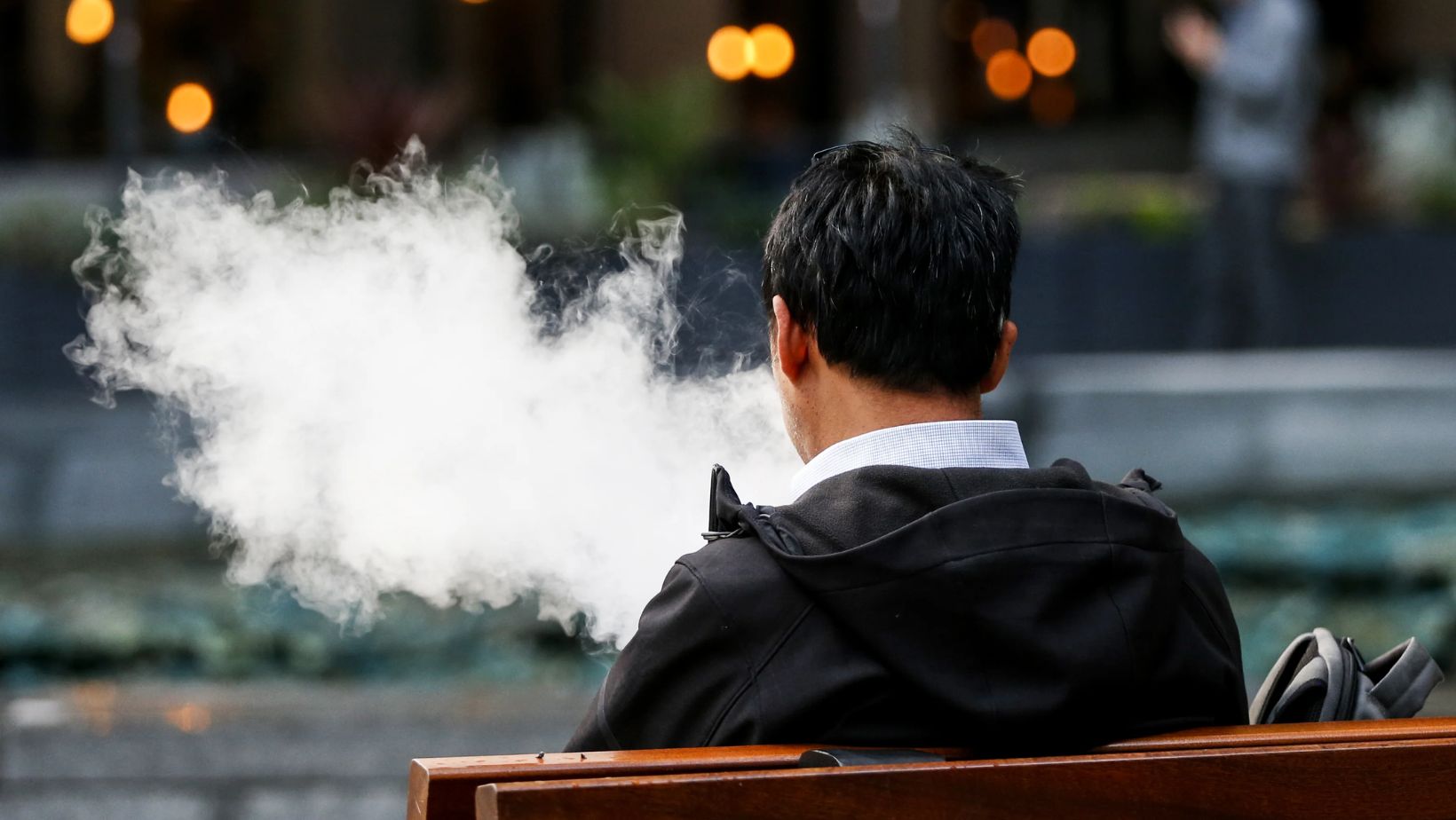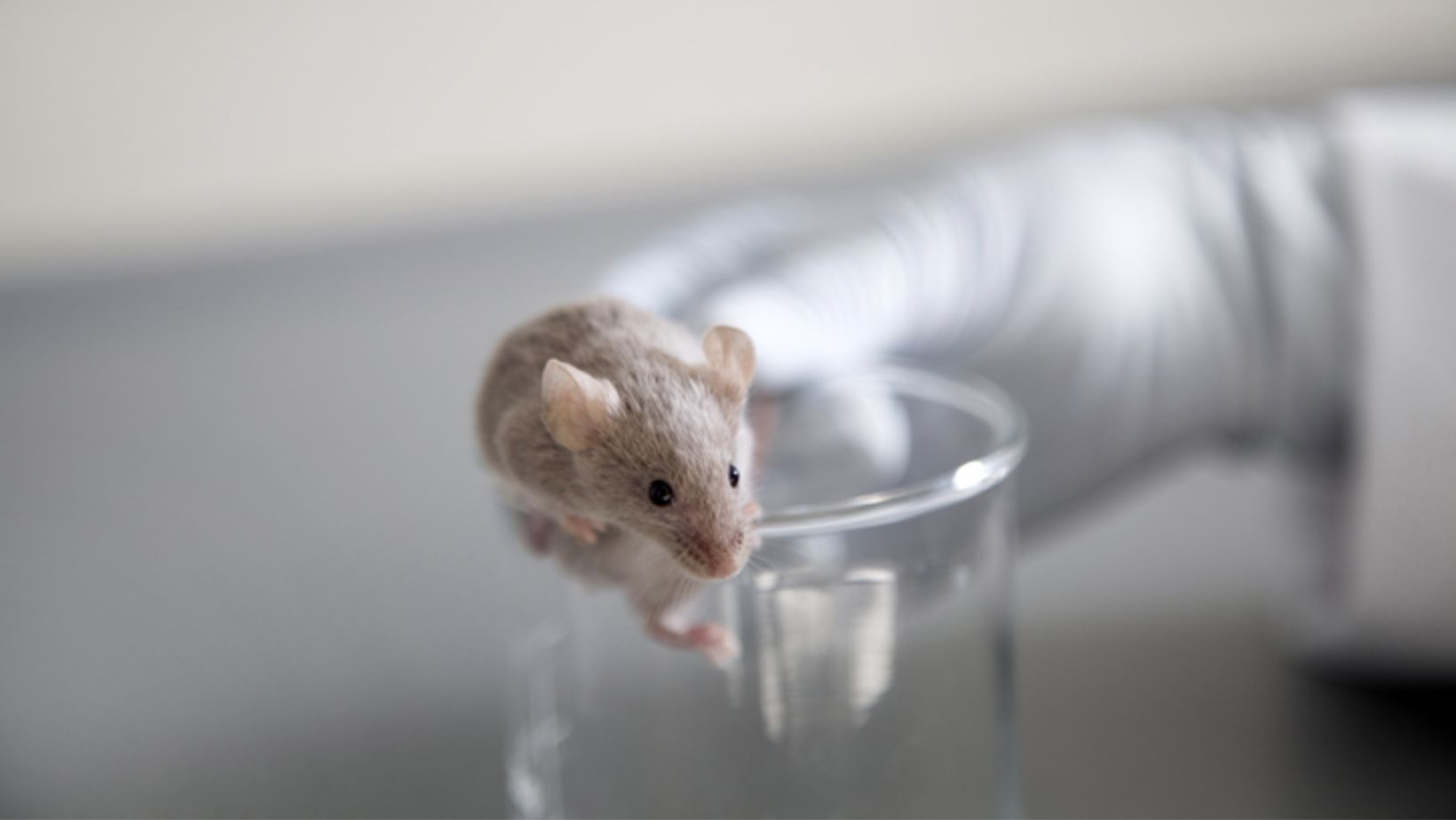A new study has found that cigarette smoke disrupts the bacterial composition of the oropharynx, potentially worsening the severity of influenza A virus infections. The research, published in mSystems, a journal of the American Society for Microbiology, provides new insight into how smoking affects respiratory health beyond direct lung damage.
Cigarette Smoke and the Oropharyngeal Microbiota

Scientists have long known that cigarette smoke is a major contributor to respiratory diseases, increasing the risk of chronic pulmonary conditions and influenza-related illnesses. More recently, researchers have discovered that smoking also alters the microbiota of the oropharynx—the part of the throat that includes the soft palate, tonsils, and back of the tongue. However, the specific impact of this disruption on infection severity has remained unclear.
To investigate further, researchers exposed one group of mice to cigarette smoke while keeping a control group in a smoke-free environment. Germ-free mice were then introduced to bacteria from either smoke-exposed or air-exposed mice. This setup allowed scientists to isolate the effects of microbiota changes from the direct impact of smoke itself.
Increased Disease Severity in Mice

The study found that germ-free mice colonized with bacteria from smoke-exposed mice experienced more severe influenza infections, as evidenced by more significant weight loss and a more challenging recovery. Smoking-induced microbiota changes may be critical in how the body responds to viral infections.
Additionally, researchers noted that influenza infection further altered the oropharyngeal microbiota, particularly at four and eight days post-infection. This highlights a two-way interaction: smoking disrupts bacterial balance, and viral infections compound these effects.
Implications for Public Health

According to Markus Hilty, Ph.D., associate professor at the Institute for Infectious Diseases at the University of Bern, the results indicate that smoking’s impact extends beyond direct lung damage. “It is not only the smoking per se that impacts respiratory disease, but our data indicate that the smoker’s microbiota may also impact respiratory disease and/or infection,” Hilty said. “The cigarette-induced disordering of the microbiota is probably an important factor to consider during viral infection.”
The study’s findings add to the growing body of evidence on the harmful effects of smoking, reinforcing the importance of smoking cessation programs. As flu season approaches, the research highlights another compelling reason to quit smoking—protecting lung health and the body’s natural microbial defenses against viral infections.
Reference: Tsering Wüthrich, Simone de Brot, Veronica Richina, Nadja Mostacci, Zora Baumann, Nathan G. F. Leborgne, Aurélie Godel, Marco P. Alves, Mohamed Bentires-Alj, Charaf Benarafa, Markus Hilty. Cigarette smoke-induced disordered microbiota aggravates the severity of influenza A virus infection. mSystems, 2024.

